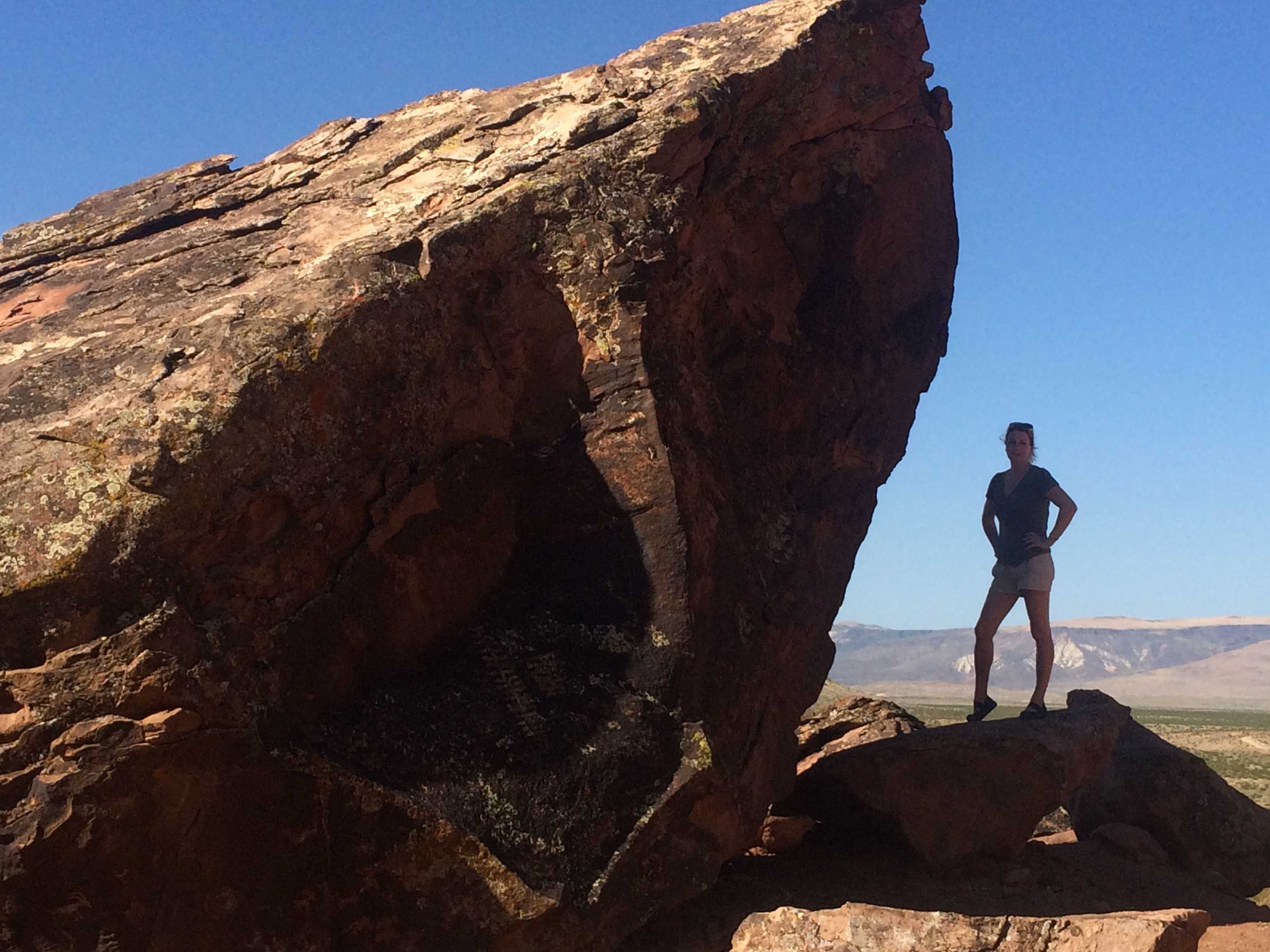
BBC World Service Music Documentary 'Symphony of the Stones' Dec 2nd at 15.06 pm
BBC World Service Music Documentary
Broadcast date: December 2, 2017
Created and presented by Miriam Cooke
Produced and edited by Nick Minter for Wisebuddah
Ancient history wasn’t silent, so why is our study of it?
In Symphony of the Stones, musician and archaeologist Miriam Cooke seeks to recover the soundtrack of our ancestors… and then write a song about it
In this fascinating and groundbreaking programme for the BBC World Service, Miriam Cooke – broadcaster, archaeologist and musician (BBC, C4, C5, Discovery) – accesses some of the most iconic ancient sites in Britain, Europe and the US to recover the soundtrack of the past by using an understanding of archaeology and new acoustic technologies.
Sound archaeology – ‘archaeoacoustics’ – is shattering the silence of prehistory
Miriam tests fascinating recent archaeological theories of acoustics and discovers the latest, exciting research on sound, music and ceremony of the past. She crosses continents to meet the researchers bringing to life the sounds of our ancestors. She shows how ancient structures amplify the human voice, function as instruments and resonate at trance-inducing frequencies, and tests the acoustic properties of sites with ancient versus modern instruments, including the most ancient instrument itself: the voice.
Was Stonehenge a giant amplifier, a Pagan boombox? Were ancient monuments used to play with sound to alter minds? And were echoes the inspiration for cave paintings?
Symphony of the Stones: A temporal and global quest to amplify the forgotten sounds of our ancestors. A glorious odyssey mixing history, archaeology, music, travel and art.
Miriam Cooke, creator and presenter:
“Ancient history wasn't silent, so why is our study of it? ‘Symphony of the Stones’ is an exploration into what we know – and what we don’t know – about the sound of prehistory. About the earliest sound-producing instruments, about how and why people would get together to make noise, and about what purpose it holds. My quest is to understand the sound of prehistory and then… to write a song about it.
This is my extraordinary acoustic time journey of 40,000 years, from a Palaeolithic limestone gorge in the UK to an American Indian reservation, and on to a mountain in the deserts of Utah, where the spirits of ancient animals may or may not be hiding in the rocks. I’m going in search of the original Rock Music.”
Nick Minter, producer and editor:
“In Miriam, we have a presenter who manages to meld various disciplines – archaeology, musicianship and broadcasting – to create a compelling snapshot of 40,000 years of human musical activity. From gourd rattles, lithophones and bone flutes to dark Spanish caves, Neolithic burial mounds and American desert mountains, this is a glimpse into how and why our ancestors began to make meaningful noise.”
Professor Rupert Till, University of Huddersfield, and lead contributor:
“Archaeology, history, museums and heritage are often presented in respectful silence, but many of these contexts are oral cultures, or aurally focused. Today vision rules, but sound can still play a powerful role in understanding the past. An understanding of the acoustic ecology of the historic cultures can help us connect with our ancestors, can help to transport us back and give us a phenomenological experience of history. The acoustics of prehistoric sites are part of what makes them unique, along with what they look like and their material construction. And a wide range of musical instruments have been found by archaeologists, from 42,000-year-old vulture bone flutes to elaborate giant bronze Celtic horns. In this documentary, we show how the study of these sonic elements of antiquity can help bring ancient lost worlds to life, before our very ears.”
For more information: www.miriamcookeofficial.com / nick.minter@wisebuddah.com
http://www.bbc.co.uk/programmes/w3csvq4j